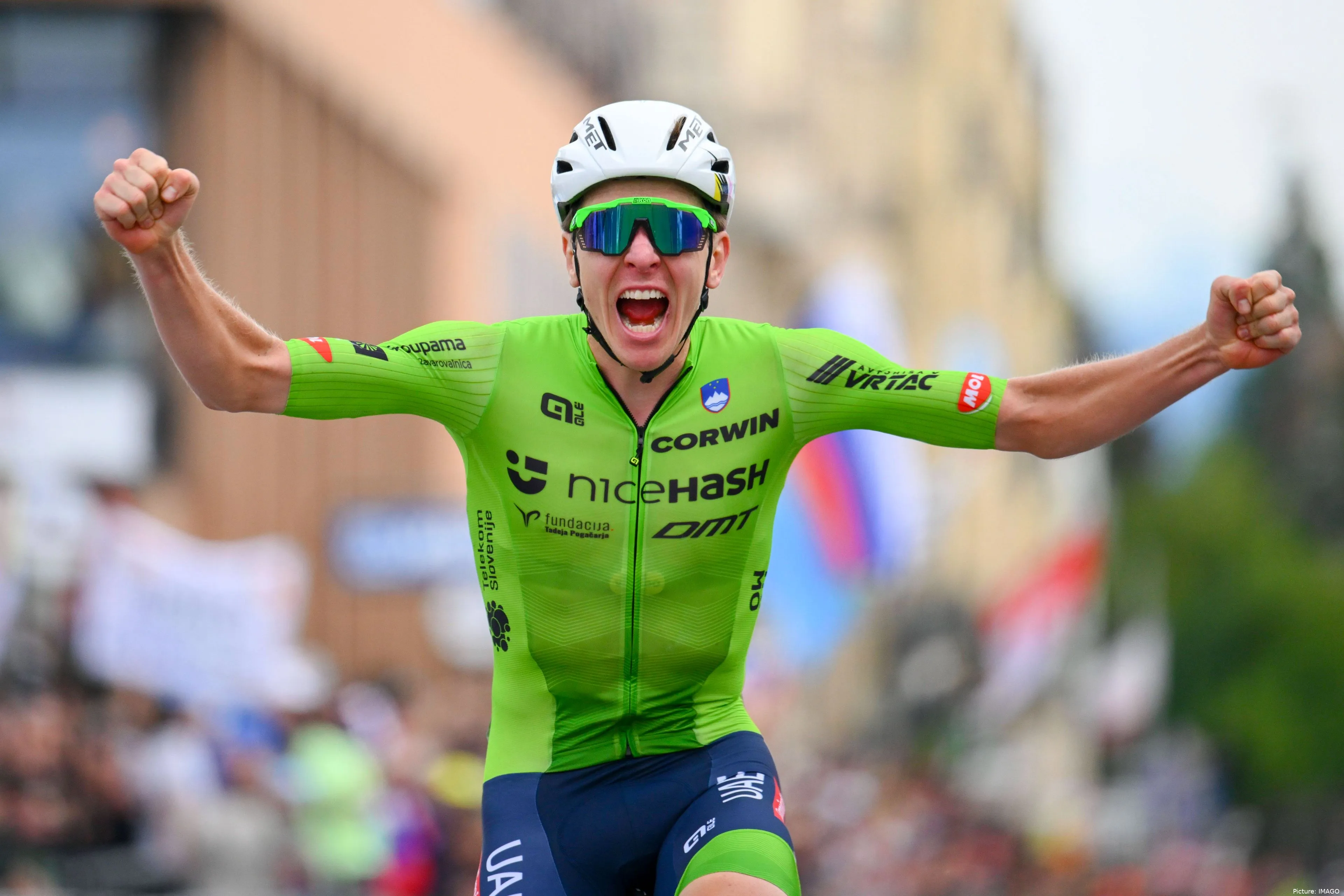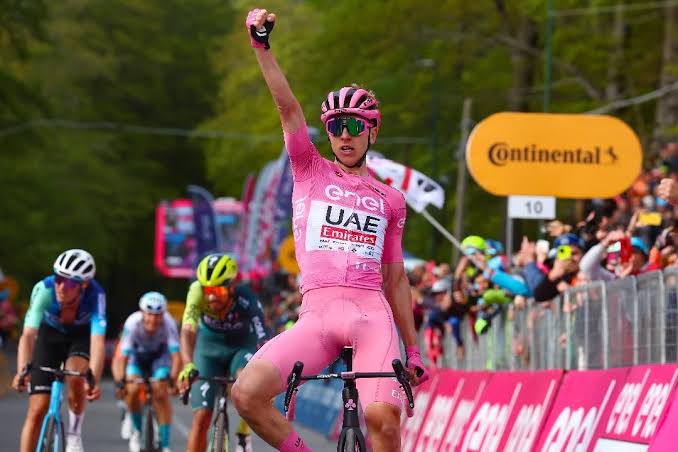How cycling fans will adapt to the Pogacar era remains to be seen, but one thing is clear: his influence on the sport will endure for many years.

Tadej Pogacar’s meteoric rise in professional cycling has been nothing short of
astonishing. The 25-year-old Slovenian has already won the Tour de France
twice, in 2020 and 2021, and claimed numerous other prestigious titles in a
relatively short career. His ability to conquer mountain stages with remarkable
ease, paired with his tactical intelligence and all-around strength, has made
him a dominant force in the sport. However, not everyone is thrilled about his
unrelenting success.
Pogacar’s climbing prowess, which has earned him the nickname “The New
King of the Mountains,” is often celebrated as a display of sheer talent. His
ability to dismantle rivals on the steepest gradients has made him an icon for
cycling enthusiasts who appreciate athletic excellence. He is undoubtedly one
of the most exciting riders of his generation, capable of attacking relentlessly
in the most demanding terrains and winning stages with ruthless efficiency. In
a sport that often celebrates the underdog, Pogacar’s dominance, however, has
begun to stir some mixed emotions among fans, particularly those who fear
that his victories are rendering the competition less interesting.
One of the most vocal critiques of Pogacar’s dominance comes from the
perspective of fans who feel that his success has overshadowed the spirit of
competition that cycling is built upon. Cycling fans, particularly those with a
long-standing attachment to the sport, often take pride in the unpredictability
of the race. Historically, the Tour de France and other major races have seen
various teams and riders contesting for victory, with unexpected upsets and
surprises adding to the drama. Yet, Pogacar’s consistent wins and near-
unbeatable form have made it feel like a one-man show, leaving many longing
for a more open and competitive race.
This sense of dominance has, for some, diminished the excitement of the
sport. In a way, Pogacar’s near-perfection in mountain stages and his ability to
control the race from start to finish have created a sense of inevitability about
his victories. Where once there was the hope of an underdog story or a fierce
rivalry emerging to challenge the leader, now there is a growing sense of
resignation among those who long for a more unpredictable narrative. Fans
might remember the glory days when cycling was often defined by
breathtaking duels between titans—Lance Armstrong versus Jan Ullrich, or
more recently, Chris Froome versus Nairo Quintana. These rivalries kept the
sport alive with suspense, even when the same names emerged as winners.
For some fans, Pogacar’s near-perfect dominance is simply too much. They
find themselves yearning for the drama that comes with uncertainty—races
where the outcome is far from clear, and each day brings fresh possibilities.
Instead, Pogacar’s continued superiority has created a sense of monotony,
where the question no longer is “who will win?” but rather “by how much will
Pogacar win?” While this might seem like an exaggeration, it’s a sentiment that
reflects a broader frustration among a certain segment of the fanbase.
Moreover, there’s the issue of the impact his dominance has on the rest of the
peloton. The competitive landscape in cycling has shifted dramatically, with
many of the sport’s top climbers and GC contenders seemingly unable to
mount a serious challenge to Pogacar’s supremacy. Riders like Jonas
Vingegaard, who finished second behind Pogacar in the 2023 Tour de France,
have been touted as his main rivals, but even their best efforts seem to fall
short. The result is a gap that, while still competitive, feels increasingly vast,
and this leaves fans wondering if there is anyone capable of challenging the
Slovenian’s reign in the foreseeable future.
Critics of Pogacar’s dominance also argue that cycling, as a team sport,
becomes less compelling when one individual so consistently outshines
everyone else. The beauty of team dynamics—the strategy, the teamwork, and
the intricate battles within the peloton—becomes overshadowed by the
overpowering presence of one exceptional rider. The attention shifts from
tactical team play to individual heroism, which some feel detracts from the
essence of the sport.
Yet, it is essential to remember that Pogacar’s reign is a testament to his
exceptional talent. His climbing ability, combined with his time-trial prowess
and race intelligence, is the result of years of dedicated work. His dominance is
not just a flash in the pan; it is the outcome of relentless training, sharp tactics,
and an unyielding will to win. For many, this is the very essence of competitive
sports—celebrating the exceptional athlete who rises above the pack through
sheer dedication and natural ability.
As Pogacar continues to set new benchmarks in the sport, the debate about his
dominance will only intensify. For some fans, it is a shame that the
competition has become so one-sided. For others, his dominance is a sign of
an athlete at the peak of his powers, raising the bar for the sport. Only time
will tell how cycling fans adjust to the era of Pogacar, but one thing is certain:
his impact on the sport will be felt for years to come.



